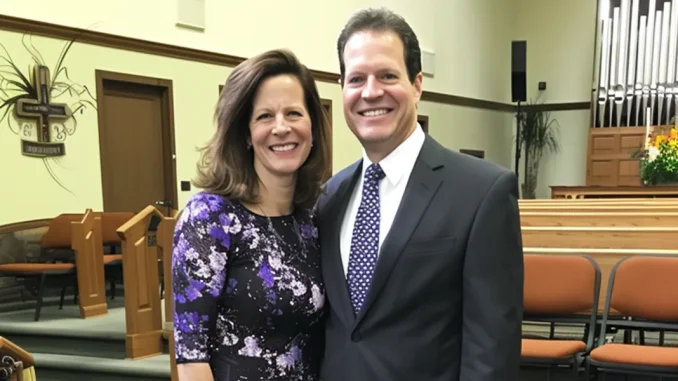
When I was ten, my parents died in a hit-and-run, leaving me with no relatives and facing the foster system. Then a couple from our church, David and Margaret, announced they were “called by God” to take me in. I moved into their pristine colonial house, where their daughter Elise, a year older than me, lived.
At first, they acted warm in public. But behind closed doors, they were cold and controlling. My room was upstairs, the rules were strict, and I quickly realized their kindness had strings attached.
Soon, the state checks and money from my father’s estate started arriving. One night I overheard them discussing it — they planned to use the money for Elise’s college, a new car, and their lifestyle. “She’s an orphan,” Margaret said. “She has what she needs.”
From then on, I was just a source of income. Elise got everything — new clothes, vacations, a car. I got leftovers and silence. Even my late mother’s antique shop inventory was picked through for their gain. Margaret claimed my mother’s cherished china set as a future gift for Elise, dismissing me as a tomboy who wouldn’t appreciate it.
That night, I began documenting everything — bank statements, trust fund letters, receipts. By 18, I had evidence of over $200,000 misused from my inheritance. When I finally gained access to the funds, they had the nerve to ask me to “compensate” them.
I smiled and nodded.
Then I took action. I got into college, hired a lawyer, and waited. During the church’s annual antique sale, I donated my mother’s china in Margaret’s name — legally mine to give away. Her meltdown the next day became church gossip for weeks.
A week later, I sent them a letter through my lawyer, outlining every misused dollar and warning against further contact. I never sued — the shame and community fallout were enough.
Ten years later, I had a family of my own and worked as a teacher. One day, Elise reached out. She had been in therapy and wanted to apologize for her silence. We met, talked, and slowly rebuilt a connection. Our children even became friends.
Above my desk, I keep one teacup from my mother’s set. When students ask, I tell them, “It’s a reminder that justice doesn’t always need a gavel.”
They saw me as a charity case. But I was never their fool.
Leave a Reply